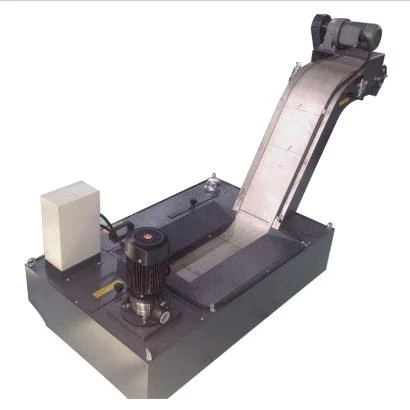electrical cable chain
The Importance of Electrical Cable Chains in Modern Industries
Electrical cable chains, often referred to as cable carriers or drag chains, play a vital role in the smooth operation of machinery and equipment across various industries. These specialized chains are essential for managing and protecting electrical cables and hoses, particularly in dynamic applications where movement is prevalent. In this article, we will delve into the significance of electrical cable chains, their construction, applications, and benefits.
Construction and Design
Electrical cable chains are designed to provide organized and safe routing for electrical cables, hoses, and pneumatic tubes. Typically made from high-quality materials such as plastic or metal, these chains consist of alternating links that create a hollow channel through which cables can run. The design allows for flexibility and easy bending, accommodating different movement patterns while maintaining the integrity and functionality of the cables.
Cable chains come in various sizes and configurations, suitable for diverse applications. Some chains are lightweight and designed for smaller machines, while others are robust enough to support heavy industrial equipment. The customization of these chains enables industries to select the most appropriate solution for their specific needs, ensuring effective cable management.
Applications Across Industries
The applications of electrical cable chains are vast and varied. They are commonly employed in automated manufacturing environments, robotics, and CNC (Computer Numerical Control) machinery. These chains facilitate smooth movement, allowing cables to extend and retract as machines operate, reducing the risk of tangling, wear, and mechanical failure.
electrical cable chain

In the aerospace and automotive sectors, electrical cable chains enhance safety and performance by neatly organizing cables in aircraft and vehicles
. Similarly, in the entertainment industry, cable chains manage lighting and sound equipment, ensuring that cables remain secure and manageable during events.Additionally, they find applications in the marine industry, where they protect cables in environments subject to high vibrations and harsh weather conditions. From construction sites to amusement parks, electrical cable chains are integral to maintaining functionality and safety.
Benefits of Electrical Cable Chains
The implementation of electrical cable chains offers numerous benefits to industries. Firstly, they significantly reduce wear and tear on cables by preventing abrasion and tangling, leading to lower maintenance costs and decreased downtime due to cable failure. Moreover, these chains enhance the organization of cables, which contributes to a safer work environment. A well-organized setup minimizes the risk of trips and falls associated with loose cables.
Another advantage of cable chains is their ability to streamline the design of machinery. By enabling efficient cable routing, manufacturers can create more compact and optimized equipment, which translates to better performance and energy efficiency. Additionally, with the rise of automation and robotics, the need for reliable cable management systems like electrical cable chains has become increasingly critical.
Conclusion
In conclusion, electrical cable chains serve as a crucial component in modern industrial settings. Their ability to protect, organize, and efficiently manage electrical cables and hoses enhances operational efficiency and safety. As industries continue to evolve with advancements in technology, the demand for effective cable management solutions will only grow. By integrating electrical cable chains into their operations, businesses can ensure reliability, longevity, and performance of their machinery, ultimately contributing to greater productivity and success.








